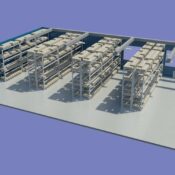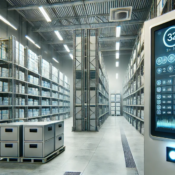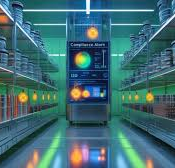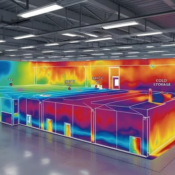Saudi Arabia is investing heavily in renewable energy as part of its Vision 2030 strategy, with ambitious projects in solar farms, wind power, and energy storage facilities across the Kingdom. These projects are not only central to reducing dependence on oil but also to building a sustainable and resilient energy future. Yet, the harsh desert climate presents challenges that must be managed carefully. This is where temperature mapping studies emerge as a crucial tool, ensuring efficiency, reliability, and safety across renewable energy operations.
At Eximia360, we specialize in delivering advanced temperature mapping study services across Saudi Arabia, Jeddah, Dammam, and Riyadh. Through our expertise and solutions, available at www.eximia360.com, we help renewable energy projects overcome environmental challenges and achieve world-class performance.
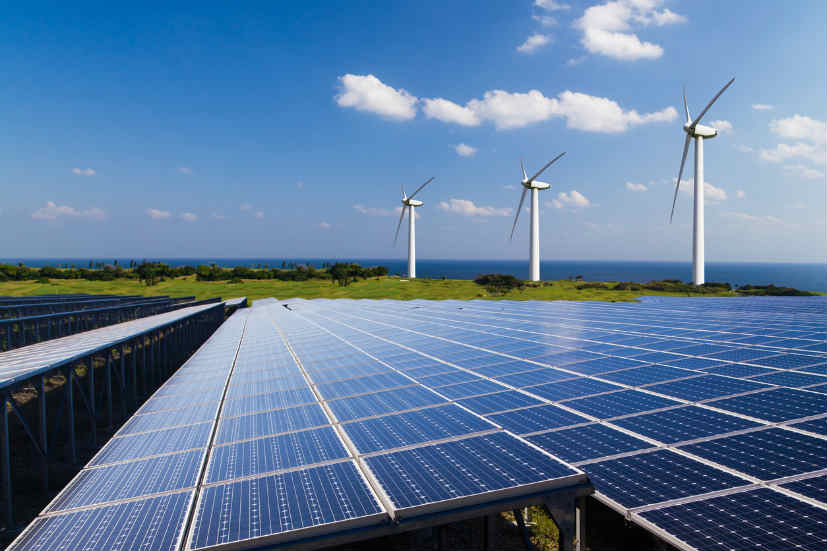
Why Temperature Mapping Studies Matter for Renewables
1. Solar Farms in Harsh Desert Heat
Saudi Arabia is home to some of the world’s largest solar energy projects, where panels are exposed to extreme sunlight and high ambient temperatures. Temperature mapping studies help evaluate how heat affects panel efficiency, storage units, and control rooms. By identifying heat hotspots, energy companies can optimize panel performance, extend equipment life, and minimize downtime caused by overheating.
2. Wind Turbine Storage and Battery Systems
Energy storage plays a pivotal role in stabilizing renewable power supplies. In Dammam and Riyadh, where battery storage facilities are being developed, temperature mapping studies ensure that batteries operate within safe limits. Even slight deviations in climate control can cause degradation, reduce efficiency, or trigger safety risks. Mapping provides actionable insights to design better cooling systems and safeguard investments.
3. Grid Reliability and Energy Security
In a country that is rapidly transitioning toward green energy, grid reliability is non-negotiable. Temperature mapping studies conducted in substations, inverter stations, and backup systems ensure that all infrastructure performs safely despite the Kingdom’s extreme conditions. By protecting equipment from temperature-related failures, operators can guarantee steady energy supply to both industries and households.
The Link to Vision 2030
Saudi Arabia’s Vision 2030 places sustainability at its core, with major projects like NEOM’s solar and wind plants designed to power the future. Achieving this vision requires not only investment in advanced technology but also reliable monitoring of environmental conditions. Temperature mapping studies provide the precise climate data needed to support these mega-projects, aligning green energy operations with the Kingdom’s strategic transformation goals.
Eximia360: Supporting Saudi Arabia’s Renewable Future
At Eximia360, we recognize that renewable energy facilities in Jeddah, Dammam, and Riyadh face unique climatic challenges. That’s why we offer specialized temperature mapping services designed for:
- Solar power plants: Identifying heat imbalances across large-scale installations.
- Wind turbine storage facilities: Monitoring temperature-sensitive battery systems.
- Energy control centers: Ensuring equipment is kept within strict operational limits.
- Supply chain and logistics: Supporting transport and storage of sensitive renewable energy components.
Our solutions at www.eximia360.com provide not only compliance with global standards but also actionable data that enhances energy efficiency and resilience.
Real-World Benefits of Temperature Mapping Studies
- Improved Efficiency: By monitoring temperature fluctuations, energy facilities can reduce energy waste and improve system performance.
- Safety and Compliance: Preventing overheating ensures compliance with international safety standards.
- Extended Equipment Lifespan: Identifying problem zones helps extend the operational life of solar panels, turbines, and batteries.
- Cost Savings: Proactive solutions reduce unplanned maintenance and costly equipment replacement.
Conclusion
As Saudi Arabia races toward its renewable energy goals, temperature mapping studies are proving indispensable in managing the Kingdom’s toughest natural challenge: its climate. From solar farms in the desert to wind turbine storage facilities along the coasts, accurate climate data ensures safety, efficiency, and long-term sustainability.
At Eximia360, we are proud to support this transformation by providing expert temperature mapping services across Saudi Arabia, Jeddah, Dammam, and Riyadh. By bridging technology and climate science, we help renewable energy projects succeed in one of the world’s most demanding environments.
For businesses looking to secure their place in the Kingdom’s green future, the path to success begins with temperature mapping—and Eximia360 is here to lead the way. Visit www.eximia360.com to learn more.



